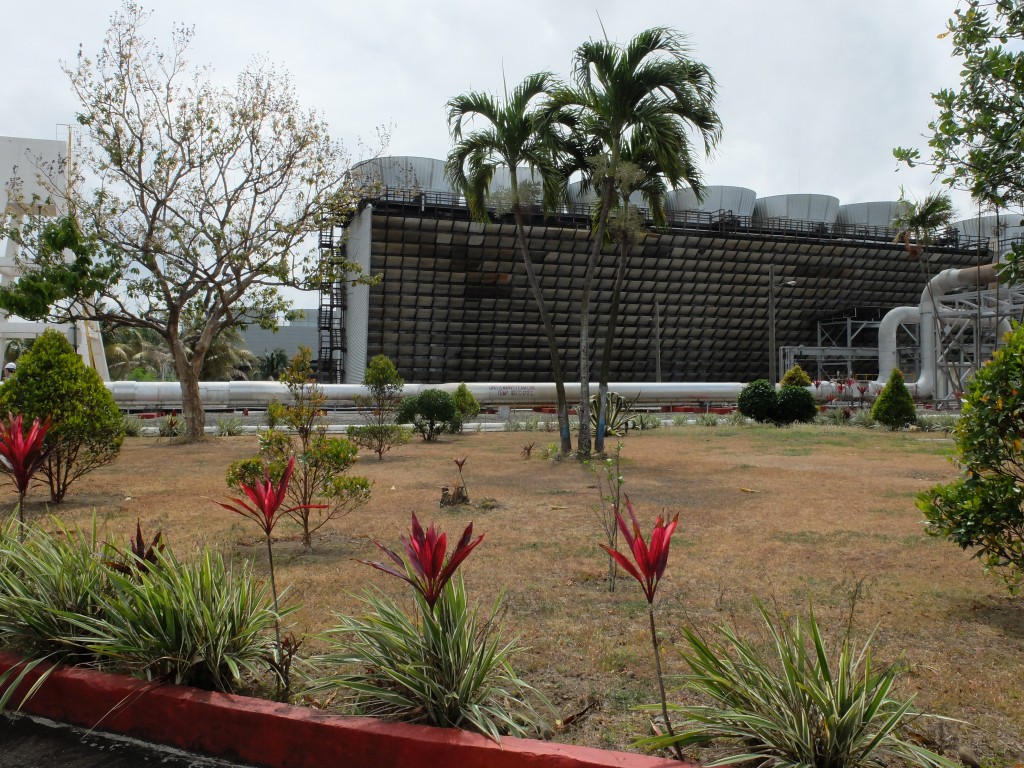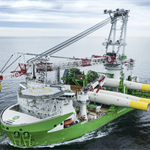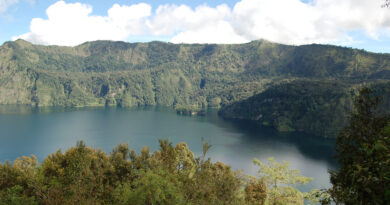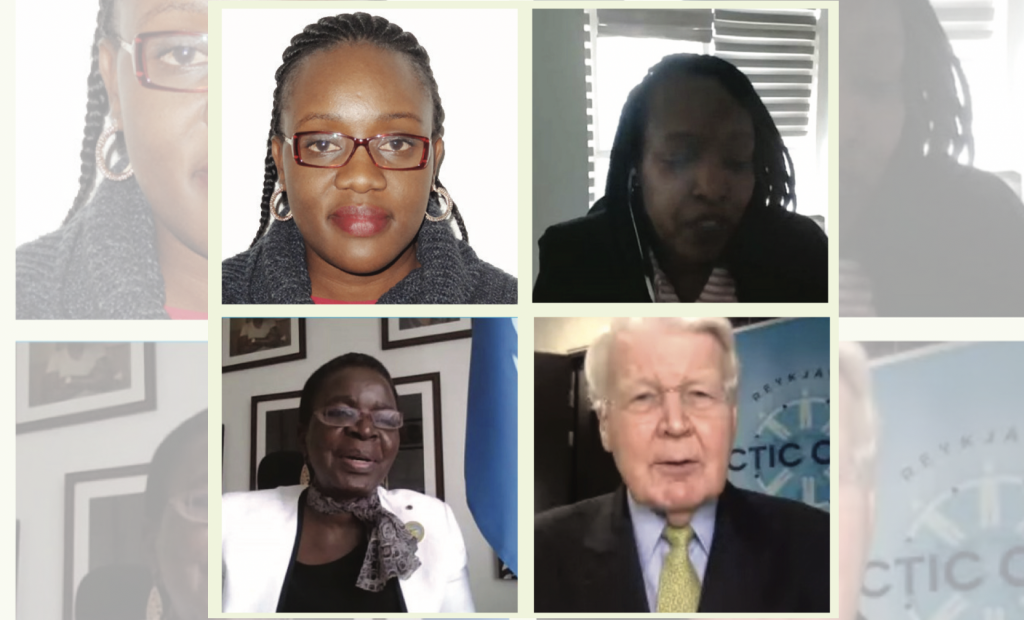Philippines allows 100% foreign ownership in large-scale geothermal projects
Energy Disrupter
The Philippines are now allowing 100% foreign ownership in large-scale geothermal exploration, development and utilization projects. Large-scale is thereby defined by an initial investment of USD 50 million.
We previously reported on the possibility of the Philippines easing the domestic ownership rule for energy projects, but now it is confirmed that indeed the country is allowing full foreign ownership.
As Philippines Energy Secretary said today, full foreign ownership is now allowed for large-scale geothermal exploration, development and utilization projects, as reported by PIA
Energy Secretary Alfonso G. Cusi made this announcement in his recorded speech for the 2nd Global Ministerial Conference on System Integration of Renewables, which was held as part of the Singapore International Energy Week 2020.
Secretary Cusi said he has already signed on October 20, a Department Circular providing the guidelines for the third Open and Competitive Selection Process (OCSP3) in the awarding of RE Service Contracts, allowing 100% foreign ownership in large-scale geothermal projects.
Large-scale geothermal projects are those with an initial investment cost of about USD 50 million capitalization through Financial and Technical Assistance Agreements (FTAAs). FTAAs may be entered into between foreign contractors and the Philippine government for the large-scale exploration, development, and utilization of natural resources, and are signed by the President.
“As the Philippine Department of Energy re-evaluates the appropriateness of our current energy mix vis-a-vis our energy goals, I am optimistic that this would lead to more opportunities for RE to figure prominently in our country’s energy future,” Cusi said.
Secretary Cusi noted that as of 2019, the Philippines still had the highest RE share in the total primary energy supply from among countries within the Association of Southeast Asian Nations (ASEAN) region.
The DOE said the moratorium on the endorsements for greenfield coal power plants and the opening up of the country’s geothermal sector to greater foreign investments to further brighten the prospects of the country’s renewable energy landscape, are among the innovative policies that the DOE will be implementing.
Cusi reiterated his commitment to promoting renewable energy, as he expressed hope that in time, renewable energy will figure prominently in the energy future of the Philippines.
“We are also pushing for the transition from fossil fuel-based technology utilization to cleaner energy sources to ensure more sustainable growth for the country,” he said.
The Philippines is one of the world’s top producers of geothermal power, as it is located along the “Ring of Fire” zone of Pacific volcanoes. Enditem
Source: Philippines Information Agency (PIA)

















